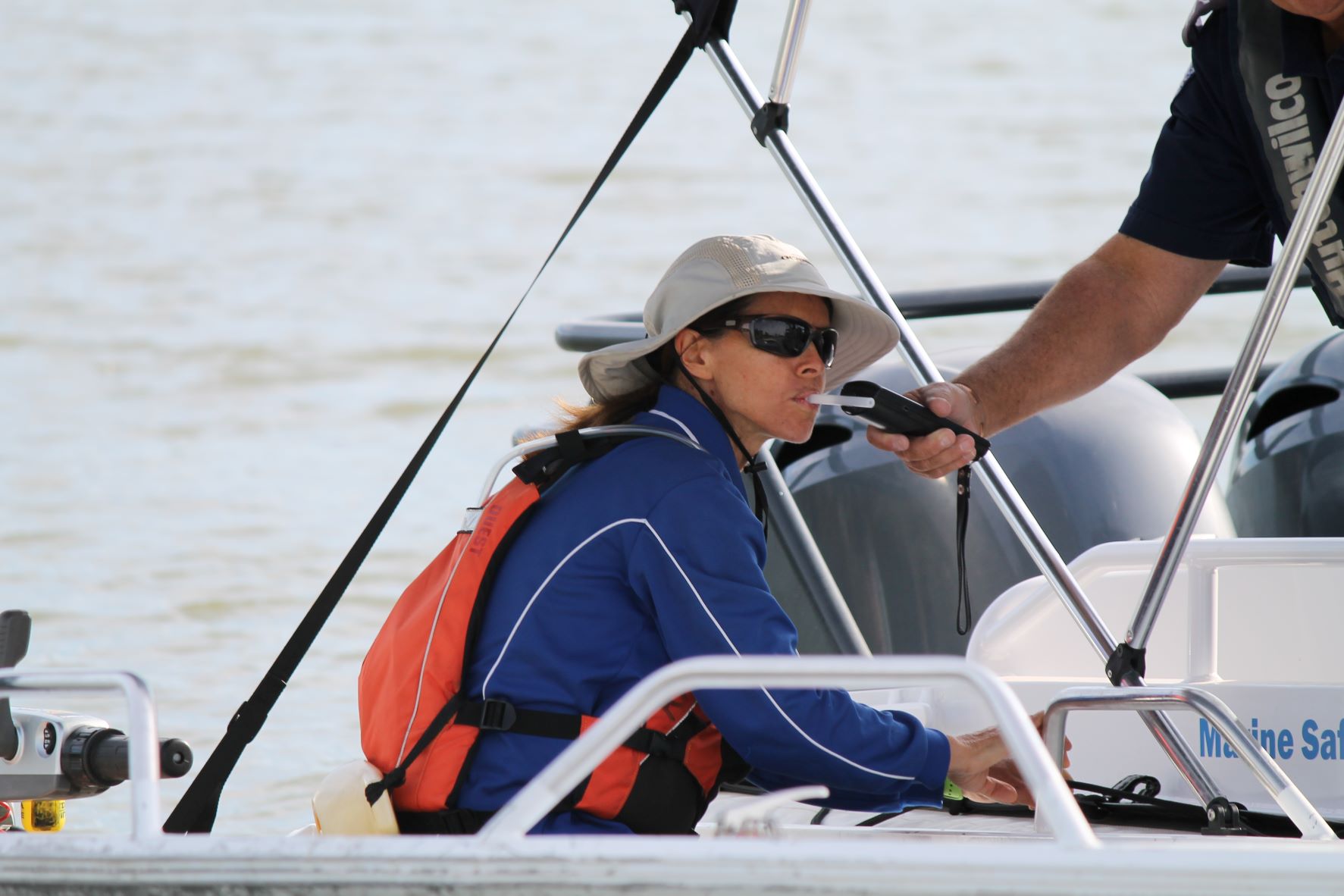Alcohol drugs and boating
Alcohol increases body heat loss which reduces your survival time if you fall overboard. It also increases your pulse rate which leads to rapid exhaustion if you have to swim to safety.
Prescription medications and any other drugs can cause problems. In particular, medications for sea-sickness, hay fever and other allergies can make you feel drowsy or easily confused.
Check with your doctor or chemist on the possible side effects of any medications you're taking before you go boating.
Drug and alcohol testing on vessels
Anyone operating a vessel, or a member of the crew of a vessel, may be required by a police officer to submit to a drug or alcohol screening test.
The test may involve screening saliva or blood samples for:
- cannabis (delta-9-tetrahydrocannabinol)
- speed (methylamphetamine)
- ecstasy (3,4-methylenedioxymethamphetamine).
If a person aged over 10 years is admitted to hospital after a boating accident, a blood test for alcohol and other drugs is compulsory.
Penalties
There are penalties when drugs or a blood alcohol limit of 0.05 or over are detected in the:
- operator of a motorboat
- essential members of the crew
- waterskiers
- observers
- those towed in any manner behind a boat.
The penalties can include large fines and/or imprisonment. The court may impose an additional penalty and suspend or cancel a certificate of competency, including a boat operator's licence.
Penalties can also apply for refusal to submit to a drug screening test or blood test.



